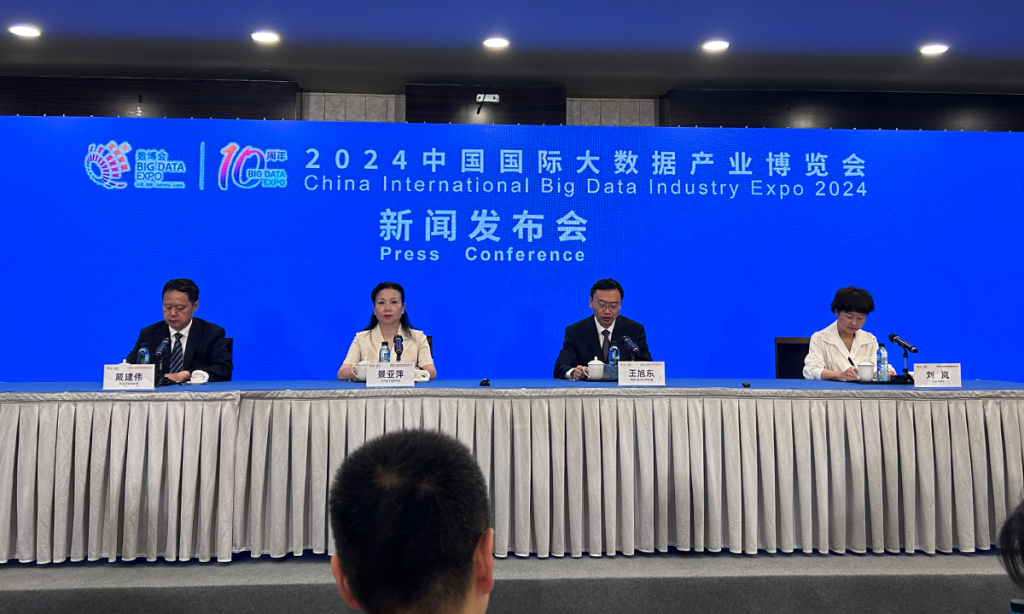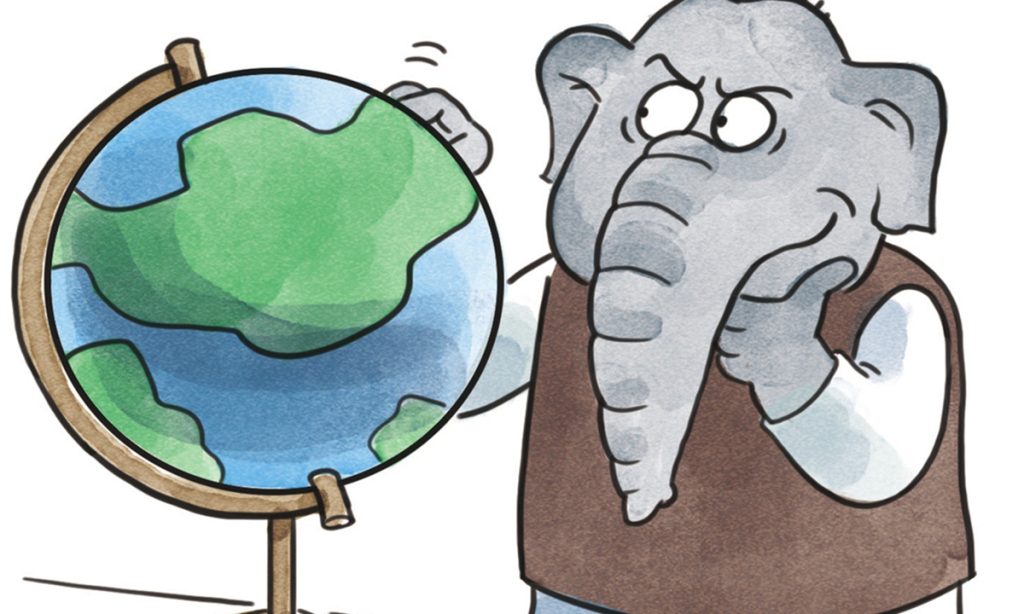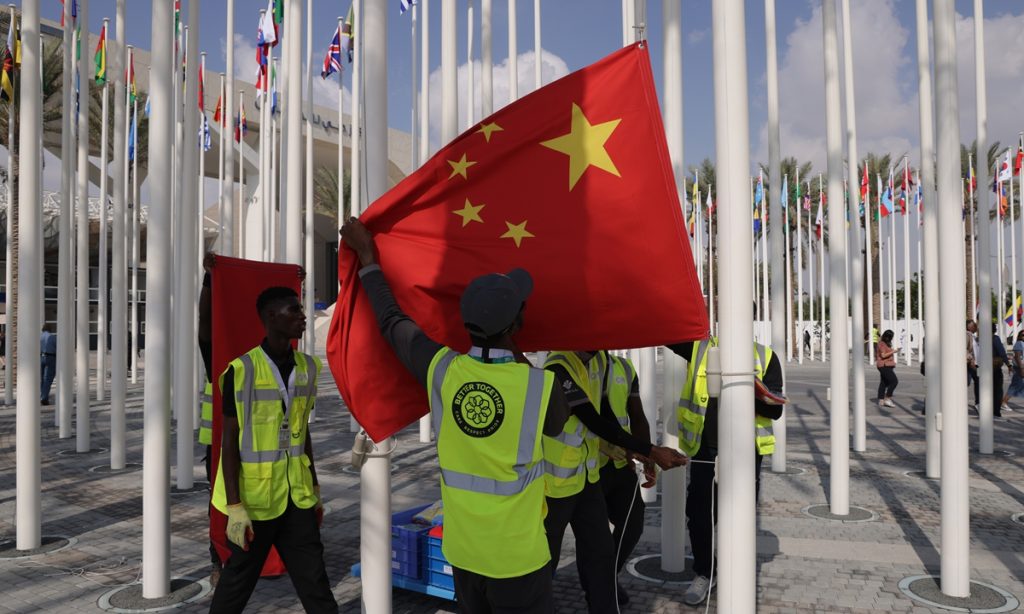Big data expo showcases China's high-level opening-up, bringing digital dividends to the world

The China International Big Data Industry Expo 2024 concluded in Guiyang, Southwest China's Guizhou Province, attracting over 21,000 guests and 414 domestic and international companies, an official from the National Data Administration (NDA) told a press conference on Friday.
The expo, a major indicator of leading big data development, represents China's "digital appointment" with the world and its "development appointment" with the future, analysts said, adding that the diversity of exhibitions, showcased the latest trends in digital innovation and highlighted the importance of international cooperation in the digital sector.
New policies and leading technological achievements were unveiled at the expo, with over 1,300 new products and technologies on display. Additionally, 154 research and technical achievements were presented at the event, Wang Xudong, an NDA spokesperson said on Friday.
Many attendees observed a significant increase in the variety of applications across different industries at this year's expo, with large language models being one of the spotlights. The Global Times reporter learned from several industry insiders that the rapid advancement in artificial intelligence (AI) technology is a key driver behind the growing demand for computing power in traditional industries.
This year marks the 10th anniversary of the China International Big Data Industry Expo. The event has showcased numerous cutting-edge technologies and applications, ranging from autonomous driving, virtual reality, humanoid robots, digital humans and large language models.
"After a decade of development, the expo has emerged as a crucial platform in the country's data field, leading innovation trends, showcasing industry achievements and promoting opening-up and cooperation," according to Liu Liehong, head of the National Data Administration.
A record number of over 3,000 enterprises participated in the events, with global exhibitors showcasing their latest achievements in AI, data analysis, edge computing, and the Internet of Things, according to Jing Yaping, director of the Guizhou Big Data Development Administration. For instance, a Malaysian company, MEA, displayed high-grade air purification equipment and products, while Statista from the United States presented digital transformation solutions in quantitative data statistics.
This year's expo also provided a platform for Chinese and foreign companies to showcase the benefits of China's digital industry growth, with participants from foreign industry leaders such as Apple and Intel, as well as 77 overseas companies from over 30 countries and regions, including the US, France, Germany, Canada and Russia. Some expressed that China is leading the way in developing data industry and the digital economy, and expressed eagerness to enhance global collaboration.
Thorsten Tolksdorf, secretary general of the International Data Space Association, praised China's rapid development in the digital economy and expressed hopes to deepen interactions with Chinese companies and institutions through the expo, according to China Media Group.
Ginz Ooi, founder & CEO of Malaysian digital marketing agency Webqlo, highlighted the strong digital cooperation between China and Malaysia, noting China's impressive growth in the digital economy and e-commerce sectors over the past five years. Success stories like the expansion of Chinese e-commerce giants and the popularity of social media platforms such as TikTok and Xiaohongshu in Southeast Asia demonstrate the competitiveness of Chinese digital enterprises in overseas markets.
"Strengthened cooperation, especially in e-commerce, has created win-win opportunities for both Malaysian and Chinese enterprises," Ooi told the Global Times on Friday.
At the expo, an investment fair gathering 80 businesses from China and Arab States, was held, representatives like Doris Wang from an asset management company in the Arab region was one of the participants.


